Investing in gold can protect against inflation and economic instability. Today, technological advances are creating new ways for investors to participate in the gold market, offering greater flexibility and potential for higher returns.
As gold trading becomes more popular in countries due to its high liquidity, blockchain can be a solution to prevent corruption and minimize cybersecurity risks. In terms of features, blockchain ensures the traceability of transactions and enhances the liquidity of the gold market. According to Deloitte's 2024 report, the application of blockchain in the gold supply chain can reduce transaction time by up to 90% and cut costs by up to 30%.
Encryption allows for the recording of gold transaction information, enhancing security and verification at all times. Every transaction is recorded on the blockchain, allowing users to actively track the history of gold. For investors, including individuals and organizations, this technology allows checking whether the gold traded is real gold and has a legal origin. For state management agencies, this is a tool to support the monitoring and management of legal transactions.
Several countries such as the US, Switzerland, the UK, and Singapore have issued policies regarding gold tokenization in transactions. For example, in the US, tokenization is used in the process of converting real assets into digital representations on the blockchain. Each token represents a portion of physical gold, and gold is regularly traded on global exchanges or integrated into decentralized financial applications (DeFi). Along with that, the token price will fluctuate according to demand and market conditions.
HSBC is one of the pioneers in the field of gold tokenization. In March 2024, HSBC launched a digital gold product “Gold Token”, which represents a fixed amount of physical gold. HSBC asserted that the tokenization of gold using blockchain technology aims to improve financial services, making it easier for holders to track the amount of gold they own.
Recently, Euroclear - a securities depository (CSD) - in collaboration with the World Gold Council (WGC) and blockchain solution provider Digital Asset, has successfully implemented a gold management pilot project using distributed ledger technology (DLT). In which, DLT acts as a legal record and confirms the secured party's control over the actual assets accepted as collateral in the event of a counterparty default. Thereby, the project proves that assets encoded on the blockchain can increase the mobility of collateral, improve liquidity and enhance transaction efficiency.
In Russia, the government is piloting blockchain for the gold market, through the management of digital currencies in the form of cryptocurrencies backed by physical gold such as Pax Gold (PAXG) or Tether Gold (XAUt). According to Mr. Mike Oswin, Head of Global Market Structure and Innovation at WGC, digital currencies provide an alternative for those who want to invest in gold without having to store physical gold. To date, the market capitalization of Pax Gold and Tether Gold has reached more than 866 million USD and 830 million USD, respectively.
Overall, blockchain is transforming the gold industry. By tokenizing assets, the technology offers new opportunities for investors while ensuring transparency and security in gold transactions. According to the WGC Trends Report, demand for gold in the technology sector is expected to increase by about 7% annually, equivalent to 326 tonnes.
In Vietnam, the Government is developing a pilot project for a digital currency exchange. In the long term, this will facilitate the development and application of technology in transactions and gold market management, especially blockchain. However, there are still legal and environmental challenges that need to be further improved in the coming time.
Source: https://baodautu.vn/ung-dung-blockchain-trong-quan-ly-thi-truong-vang-d324135.html







![[Photo] Cat Ba - Green island paradise](/_next/image?url=https%3A%2F%2Fvphoto.vietnam.vn%2Fthumb%2F1200x675%2Fvietnam%2Fresource%2FIMAGE%2F2025%2F12%2F04%2F1764821844074_ndo_br_1-dcbthienduongxanh638-jpg.webp&w=3840&q=75)


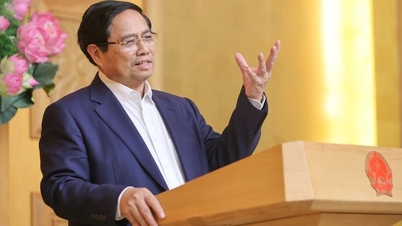

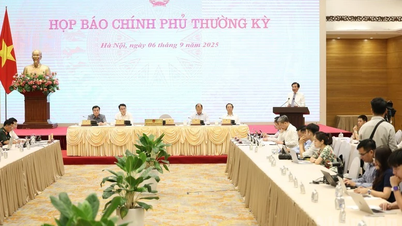




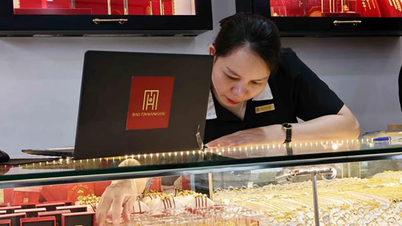


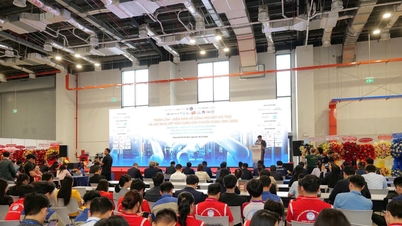


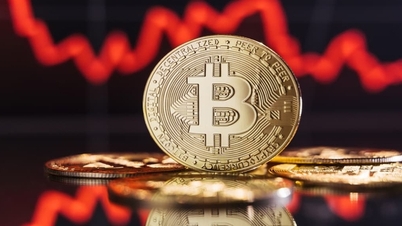


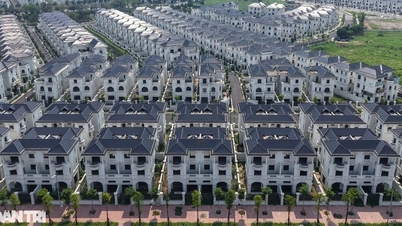





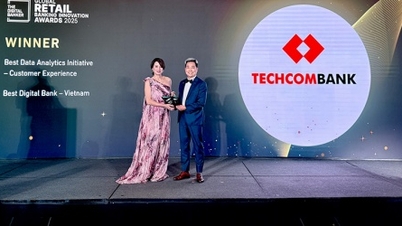







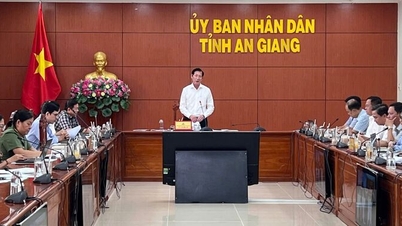







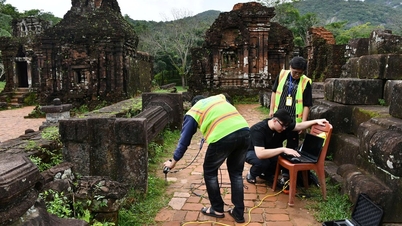



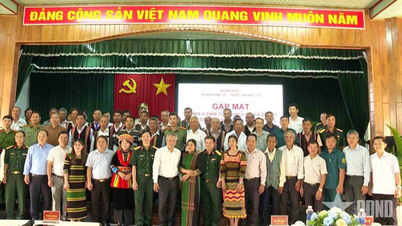







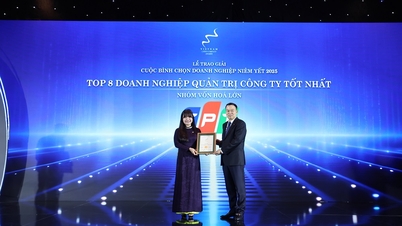

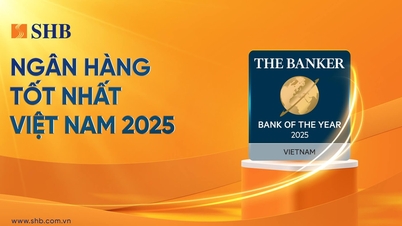

![[VIMC 40 days of lightning speed] Da Nang Port: Unity - Lightning speed - Breakthrough to the finish line](https://vphoto.vietnam.vn/thumb/402x226/vietnam/resource/IMAGE/2025/12/04/1764833540882_cdn_4-12-25.jpeg)
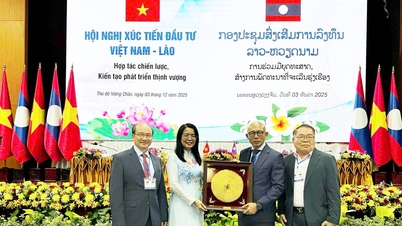

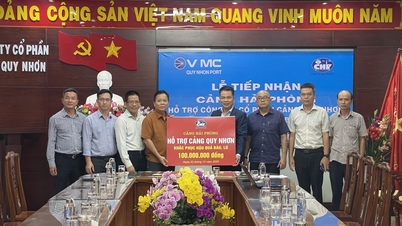












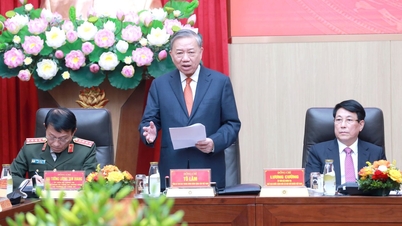

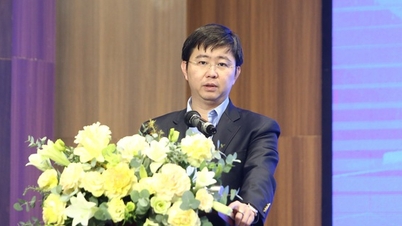

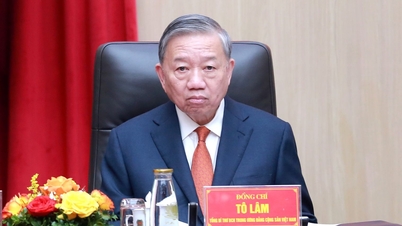























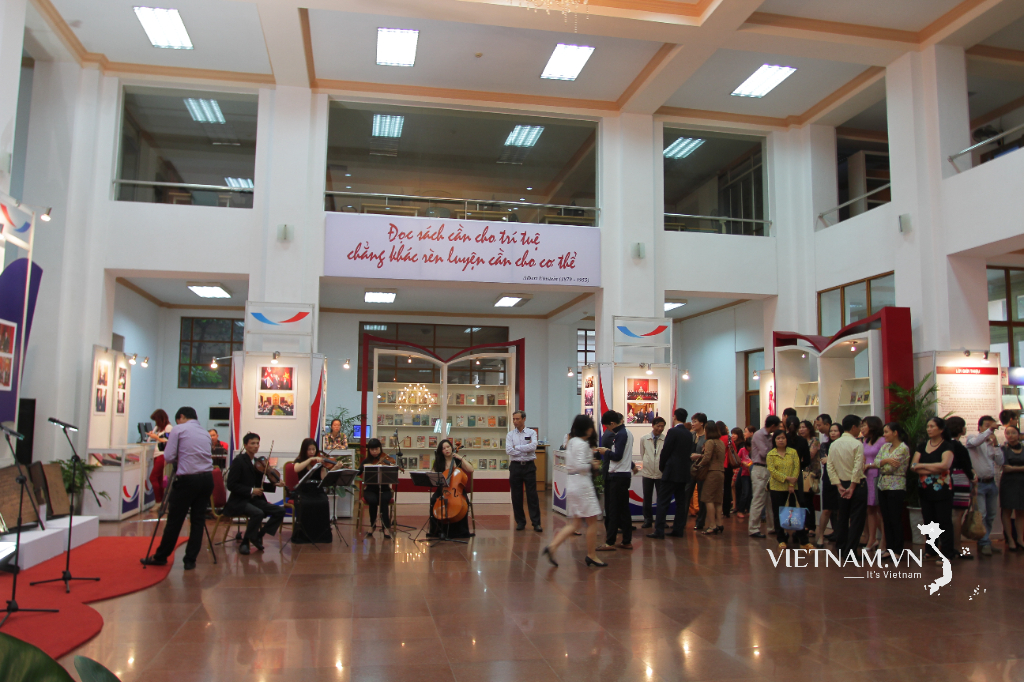

Comment (0)